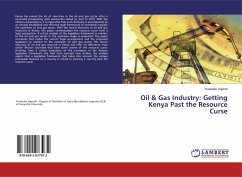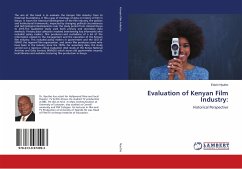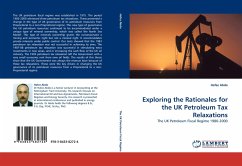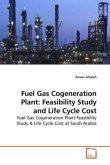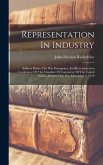Kenya has joined the list of countries in the oil and gas sector after a successful prospecting with production slated to start in 2019. With the obvious expectations, it is imperative that such discovery is accompanied by an already established and effective legal framework to seamlessly regulate the upstream oil and gas sector. With the recent discovery of oil and gas resources in Kenya, this paper contextualizes the resource curse from a legal perspective. A critical analysis of the legislative framework in relation to the oil and gas sector in the upstream stage is evaluated. The paper concludes that under the current legal arrangement and the proposed legislation in relation to the upstream oil and gas sector, the recent discovery of oil and gas resource in Kenya will offer no difference from similar African countries that have been victims of the resource curse. Drawing from a critical evaluation of the provisions in the Kenyan legislative framework and that from selected case studies, the analysis asserts that a legislative framework that takes into account the unique primordial features of a country is critical in steering a country past the resource curse.

